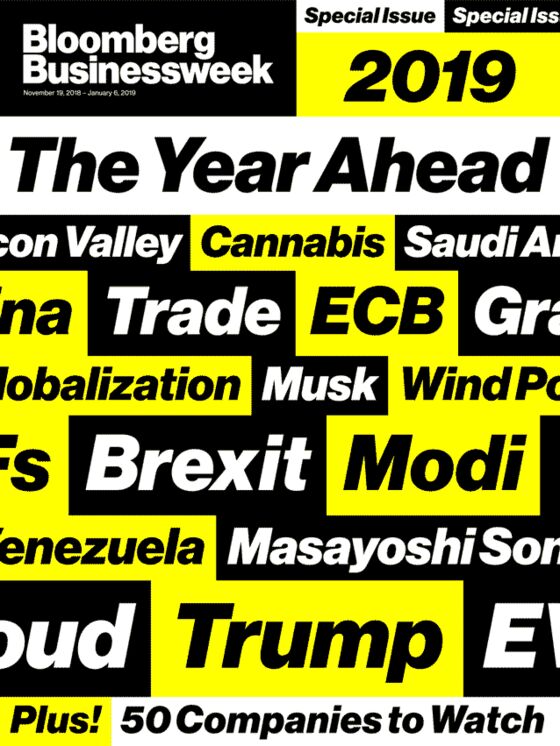Get Ready for a Flood of Big Tech IPOs
Get Ready for a Flood of Big Tech IPOs
(Bloomberg Businessweek) -- In 2019, expect to see the most American tech mega-listings of any year this century. Uber Technologies Inc., last valued at $72 billion, says it’s planning an initial public offering. Rival Lyft Inc. ($15.1 billion) aims to go public by summertime, and office chat software maker Slack Technologies Inc. expects an IPO valuation north of $10 billion as soon as it can show full 2018 financial results, according to people familiar with the matter. Add to the maybe pile Airbnb Inc. ($31 billion), which a person familiar with the company has said is targeting sometime between June 2019 and the end of 2020.

The last time three 11-figure U.S. tech companies went public in the same year, Bill Clinton was president and Apple Inc. was worth less than 1 percent of Microsoft Corp. That was 2000, when, with air leaking out of the dot-com bubble, the company that made the Palm Pilot was valued at $21 billion, and AT&T Corp.’s wireless subsidiary went public at a record-breaking $68 billion. Startups with questionable roads to profitability have been spending more time as private companies over the past decade, mostly because they can. With investors such as SoftBank Group Corp.’s $100 billion Vision Fund able to write check after check, raising cash via private share sales remains more attractive than going public, which entails added disclosure and scrutiny.
But the big, aging startups are finally coming around to the benefits of the Nasdaq. The 46 tech and communications companies that listed in the U.S. this year are up 18 percent on a weighted average basis. Publicly traded stock can be used to pay for acquisitions and help recruit, and the added visibility of a public listing is its own kind of soft power. “As companies see the ability to achieve attractive valuations with quality shareholders, they are getting more comfortable going public,” says David Ludwig, who heads equity capital markets in the Americas for Goldman Sachs Group Inc. The companies declined to comment.
There’s value for less prominent companies, too. Take Guardant Health Inc., a cancer detection startup that raised about $550 million in venture funding in less than six years. This slice of the biotech industry has no trouble raising private cash—rival Grail Inc. has raised even more than Guardant—yet Guardant went public in October. “We believe that becoming a public company gives us the awareness that’s necessary for this important story,” Chief Executive Officer Helmy Eltoukhy said on Guardant’s first day of trading. The stock is up 88 percent since then, giving the company a $3 billion valuation.
Elsewhere in the world, jumbo startups have already been headed this way. Global tech and communications IPOs accounted for $42 billion in stock sales in 2018, the most in four years. Of the top 20 biggest such deals, 14 were companies from outside the U.S. Nine hailed from Asia, including the five largest deals, led by hardware giant Xiaomi, controversial Apple supplier Foxconn, and service-booking empire Meituan Dianping.
America’s Year of the IPO is far from guaranteed. (Just ask those Y2K investors.) Broader market shifts away from risk can dampen demand for company stocks with no history. Trade disputes and other political unknowns can complicate pricing. And the 10-year bull market can’t last forever. But 2018’s surfeit of volatility has made investors even more eager for the relatively safe bets they see in big consumer internet companies, says Gary Kirkham, head of global technology banking at Bank of America Corp. “That’s the most capitalized space,” he says, “and what public investors are willing to assign good multiples to.”
To contact the editor responsible for this story: Jeff Muskus at jmuskus@bloomberg.net
©2018 Bloomberg L.P.